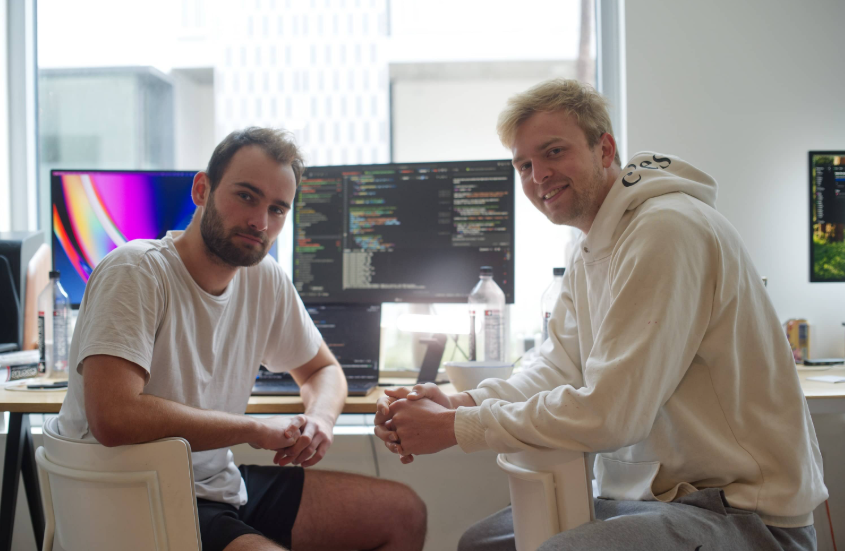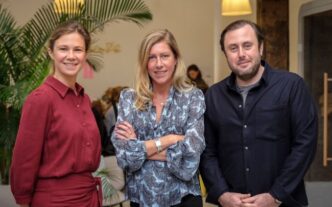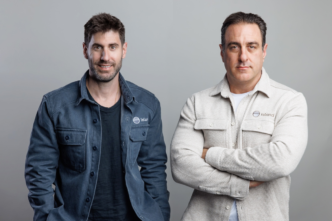The race to make the internet more accessible for AI agents is heating up,. A startup called Browser Use is leading the charge. The company just raised a massive $17 million seed round to fuel its mission of making websites more understandable. Not for people, but for AI-powered tools that automate tasks online.
The round, previously unreported, was led by Felicis’ Astasia Myers and saw participation from notable backers like Paul Graham, A Capital, and Nexus Venture Partners. The fresh funding underscores growing investor excitement around AI agents — tools designed to autonomously perform complex web tasks.
At its core, Browser Use is solving a problem many AI agents face: websites aren’t built for them. Navigating dynamic pages packed with buttons, pop-ups, and ever-changing layouts can easily trip up most agents, especially those relying on vision-based models trying to interpret screenshots.
Co-founder Magnus Müller explained it simply: “Agents break because the web keeps changing.” That’s where Browser Use steps in — transforming websites into a clean, text-like format AI agents can easily understand and navigate. This approach slashes costs and boosts reliability, especially for repetitive tasks.
Müller and Gregor Zunic founded Browser Use last year while pursuing their master’s degrees in data science at ETH Zurich. What started as a student project quickly snowballed after they joined ETH Zurich’s Student Project House accelerator. With Müller’s background in web scraping and Zunic’s data expertise, the duo merged both worlds to develop their innovative solution — and within five weeks, their prototype was ready. They didn’t stop there — they open-sourced it, sparking even more interest.
Their breakthrough caught fire when Chinese startup Butterfly Effect integrated Browser Use into its viral AI tool Manus, skyrocketing awareness. Soon, Browser Use became a favorite among developers in Y Combinator’s 2025 Winter batch, with over 20 startups now relying on it for their AI agent tasks.
Müller believes the technology has the potential to become a critical infrastructure layer for the growing AI agent ecosystem. “Companies are already reaching out, asking how to make their websites easier for agents to navigate,” he shared. The need is real — especially with platforms like LinkedIn constantly tweaking their site design, making it difficult for agents to keep up.
For Astasia Myers at Felicis, investing in Browser Use was a no-brainer. After years of tracking the AI agents space, she saw in Browser Use a startup ready to shape the future of online automation. The team’s open-source-first philosophy only strengthened her conviction.
“We believe web AI agents are the next frontier for full task automation,” Myers explained. “They’re the dynamic bridge between static pre-trained models and the ever-evolving web.”
With $17 million now in the bank, Browser Use is poised to expand its platform and solidify its place in the AI agent revolution — one website at a time.













